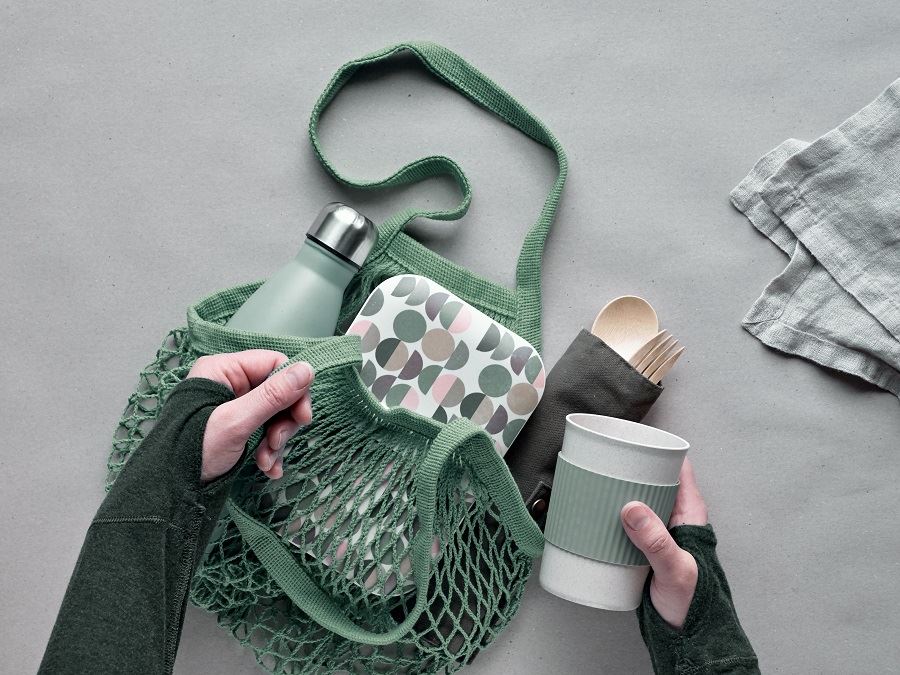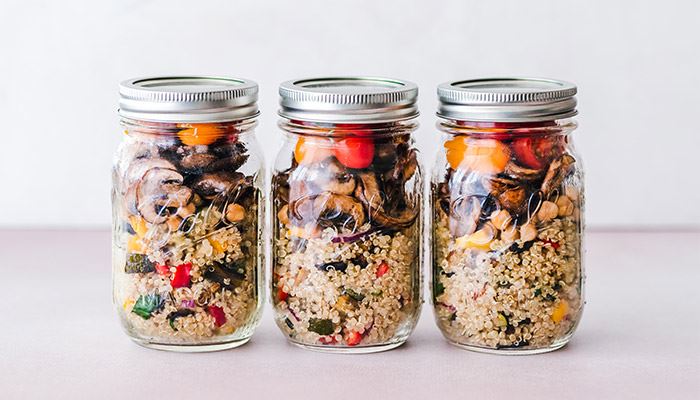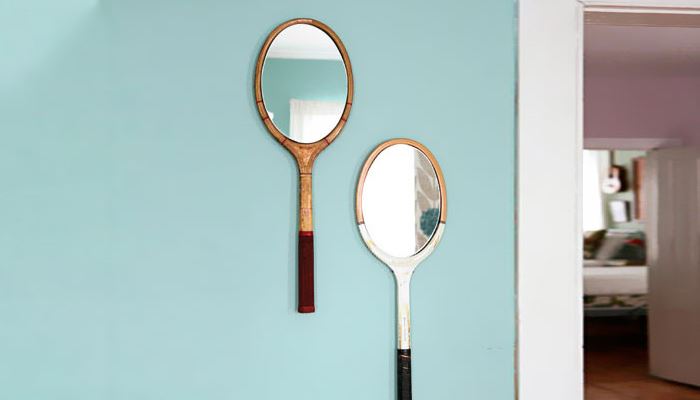5 Steps Towards a Zero-Waste Home
At Gateway, one way we embody our Pocket & Planet purpose is by trying to use resources as least wastefully as possible.
Working towards a zero-waste lifestyle protects the environment, benefits the community and helps our back-pocket. Changing to a zero-waste lifestyle does not happen overnight, but it won’t be long until we start to see the benefits.
1. Say no to disposables
Step one is to not let waste into your house in the first place. Say no to one-use items like paper towels, sandwich bags, straws and takeaway packaging.
Instead, try using washable cloths and towels. If you’re hosting an event, wooden cutlery and paper plates are better for the environment than the plastic alternative. But, if for whatever reason, you do end up buying plastic, it’s often strong enough to wash and use again.
A tricky one to say no to is your favourite takeaway but look at it as an excuse to dine-in and get away from the TV or work desk.

Another option is to also consider waste disposal services near you. Many plastic and glass bottles and aluminum cans can be collected separately and deposited at collection centers such as Return and Earn in NSW or the Container Deposit Scheme in other states.
Many local councils also offer waste disposal services for items that cannot be placed in your household’s kerbside bin. If you pay council rates, you should receive a certain number of waste disposal services for free each year. Check your local council’s website or call them up to see what services they offer. You may need council disposal services for items such as:
- Televisions
- Computers
- Electrical appliances
- Printers and scanners
- Laptops
- Batteries
- Oils
- Paint
- Gas bottles
2. Tackle food waste
Roughly one in five full shopping bags end up in the bin, that’s about $3,800 worth of groceries per household each year!
Reduce the amount of food you throw away by doing the following:
- Store food correctly so it lasts longer.
- Plan your meals for the week.
- Take a shopping list to the supermarket – and stick to it! If you’re guilty of in-store impulse buying, try doing your grocery shop online.
- Get your portion sizes right.
- Use homemade or bought beeswax wraps rather than gladwrap so your produce lasts longer.
- Love your leftovers, and if you’ve made way too much – freeze it!

3. Repair and repurpose
Self-repair has sadly become a lost art.
Throwing something away and buying new may seem like the easier option, but repairing something saves you money, eliminates the energy intensive steps it takes to produce something new, and it drives a sense of achievement. Make your grandparents proud and mend that fallen hem!
You might have items at home that aren’t broken but no longer suit their original purpose. Again, rather than throwing that item away, get creative and repurpose it - not only does it avoid waste, upcycled things add a touch of warmth and creativity to your home.

If you are struggling to repurpose an item, consider donating to charities such as Vinnies or the Red Cross. Alternatively, our partner Reverse Garbage are open to donations - to understand what they will or will not accept, please visit their website.
4. Discover sharing networks
A zero-waste lifestyle is all about moving to a ‘sharing economy’. A sharing economy is based on community and connection, but ultimately, avoiding items going to landfill for as long as we can. Thankfully, the sharing revolution is here. With the continued innovation in technology, buying and selling second-hand has never been easier, and you can now pretty much share anything online, including cars, garage space, even your own pets!
Go ahead and jump online. Take a look at Facebook Marketplace or see if there’s a neighbourhood group – people are often happy to give things away if someone is willing to collect it.

5. A wardrobe that lasts
You can find almost any item of clothing second-hand, and what you find is often just as good as new (and less than half the price!). Some examples include the app Depop and secondhand outlet stores such as:
- Potts Point Vintage
- Dress for Success
- Bell St Vintage clothing hire
- Uturn Vintage Outlets
- Vestiaire Collective
If op-shops aren’t your thing, arrange a clothes swap, make it a fun night-in with friends – and this way, you already know what’s in your friends’ wardrobes. Anything not swapped, goes to charity.

A clothes swap doesn’t have to stop at your own garments, have one for your kids’ clothes too! Children grow so quickly, clothes often become too small before they’ve become properly worn. If you don’t have many parent-friends, arrange an event with your playgroup or mothers’ group.
If you do need to buy new, the goal is to buy fewer items of higher quality which will last you longer. Buy less, choose well, make it last.
Gateway’s Pocket & Planet
Making real and positive environmental changes can feel overwhelming – but starting out small and implementing any of the tips highlighted in this blog is a start.
To understand Gateway’s Pocket & Planet purpose, visit our Pocket & Planet page for further information on the types of ethical products and services we offer, as well as key blogs that explore eco initiatives.





